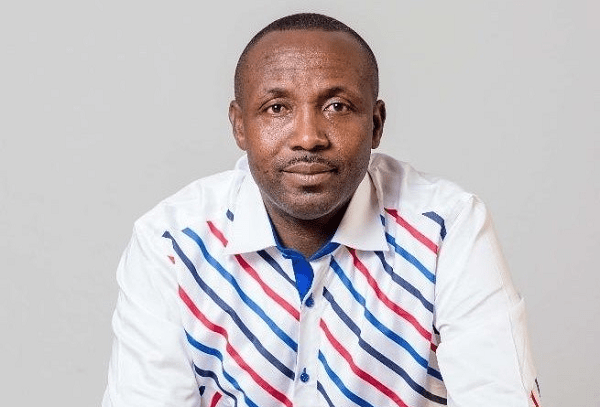
Prosecute civilians flouting COVID-19 lockdown directive – John Boadu
The General Secretary of the New Patriotic Party (NPP), Mr John Boadu, has urged security personnel deployed to enforce the partial lockdown directive to arrest and prosecute persons found to be flouting the law.
He said doing so would serve as a deterrent to others who have taken the directive for granted.
Speaking on an Accra-based radio station, Asempa FM, on Thursday, Mr Boadu said it was evident that people were flouting the directive but cautioned the security not to take the law into their hands and discipline such people.
“The processes are there. If you arrest someone who you believe is not part of the exemptions…when we prosecute one or two I think things will be ok,” he said.
He also advised the security personnel to exercise caution since they are also at risk of getting the disease.
Advertisement
Following the passage of the Imposition of Restriction Bill 2020 in March, President Akufo-Addo announced a partial lockdown of Accra, Tema, Kasoa and Kumasi as part of measures to fight the Coronavirus disease. The President however gave exemptions to the lockdown directive, giving permission for essential workers to go about their daily activities.
The law stipulates that anyone found flouting the restrictions commits an offence and is liable on summary conviction to a fine of not less than 1000 penalty units and not more than 5000 penalty units. Each unit is GH¢12 putting the range of fine at between GH¢12,000 and GH¢60,000. The convict could also be liable to a prison term of not less than three months and not more than six months or both a fine and imprisonment.
But the military and police personnel deployed to enforce the directive have had to deal with some civilians who seem to be flouting the directive.
In its wake, social media has been awash with videos suggesting that the security personnel are abusing civilians; a claim that has been disputed by the General Officer Commanding (GOC), Southern Command of the Ghana Armed Forces, Brigadier General Abraham Yeboah Nsiah.
